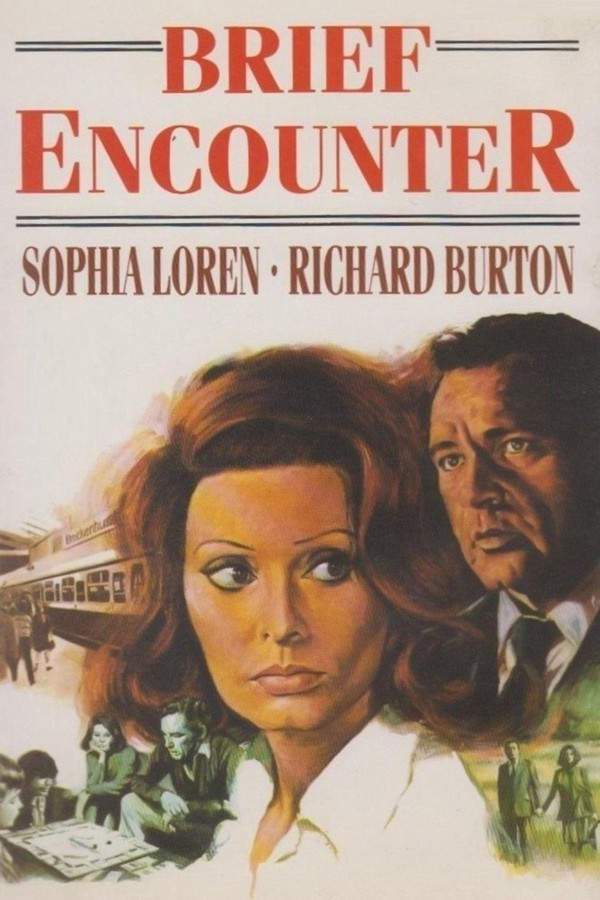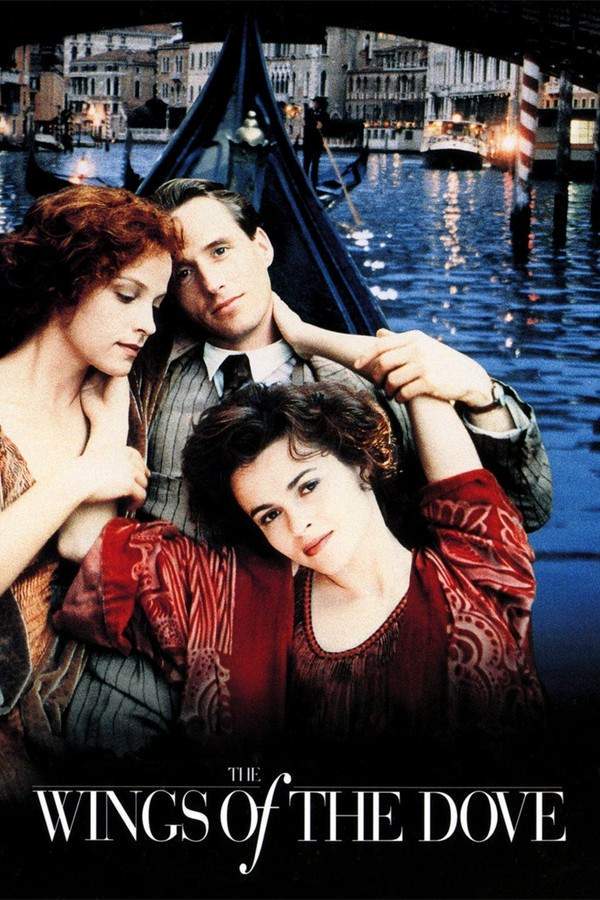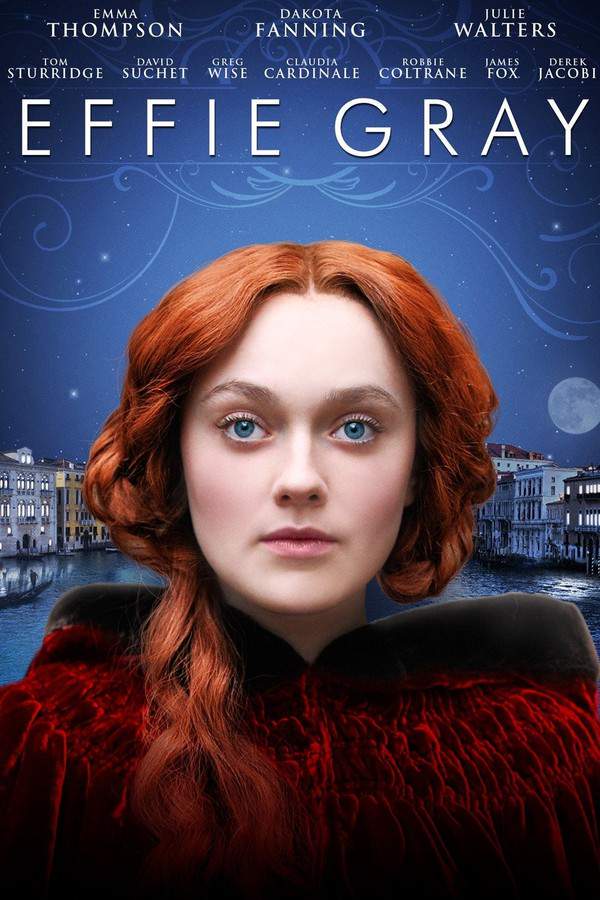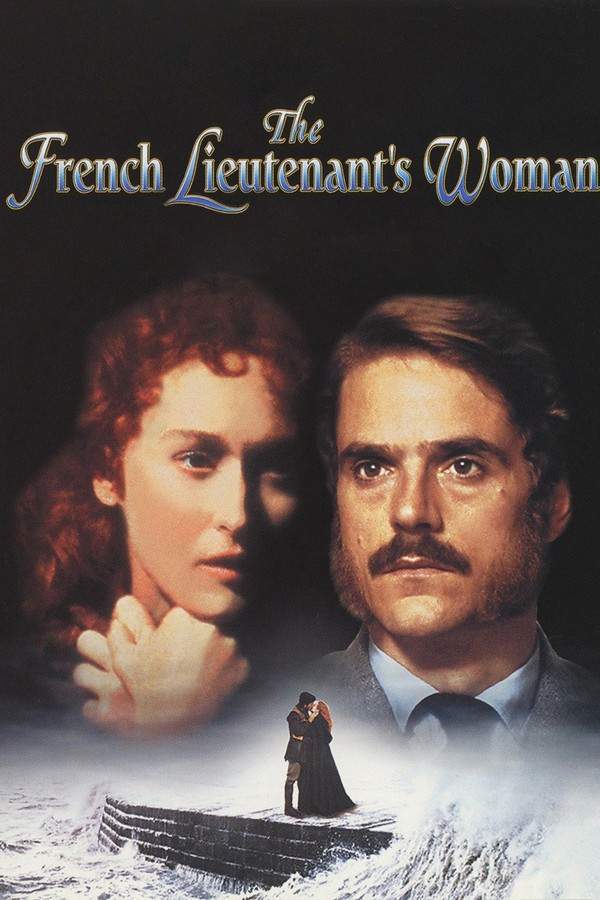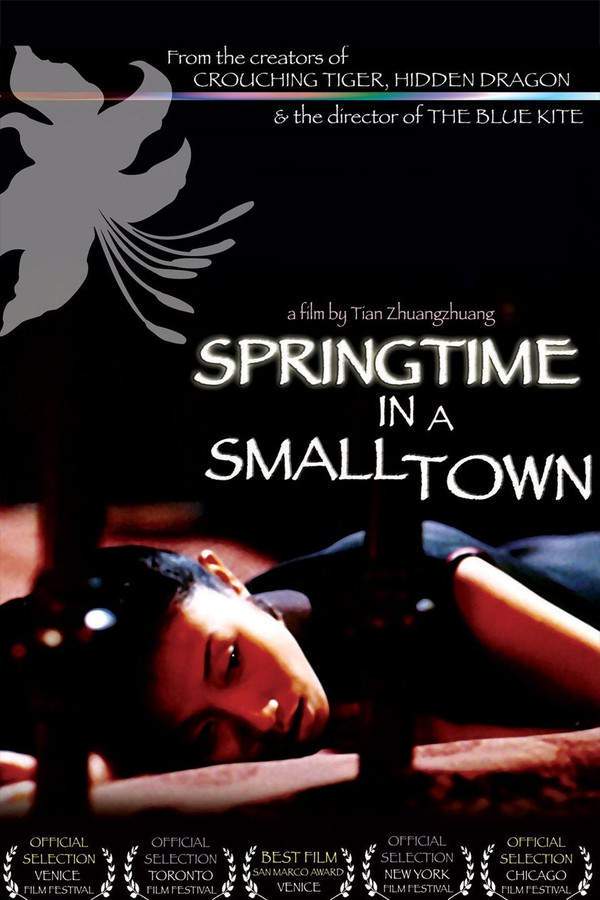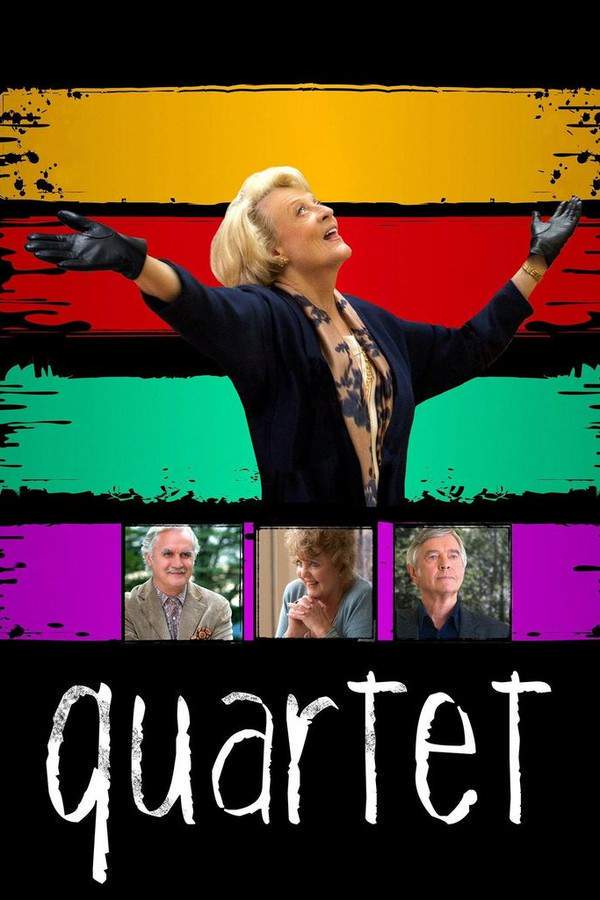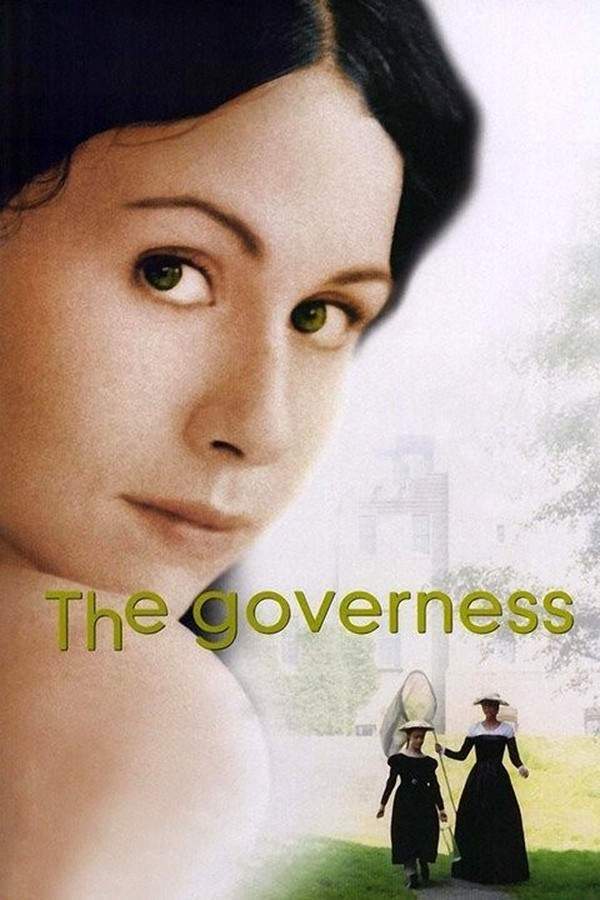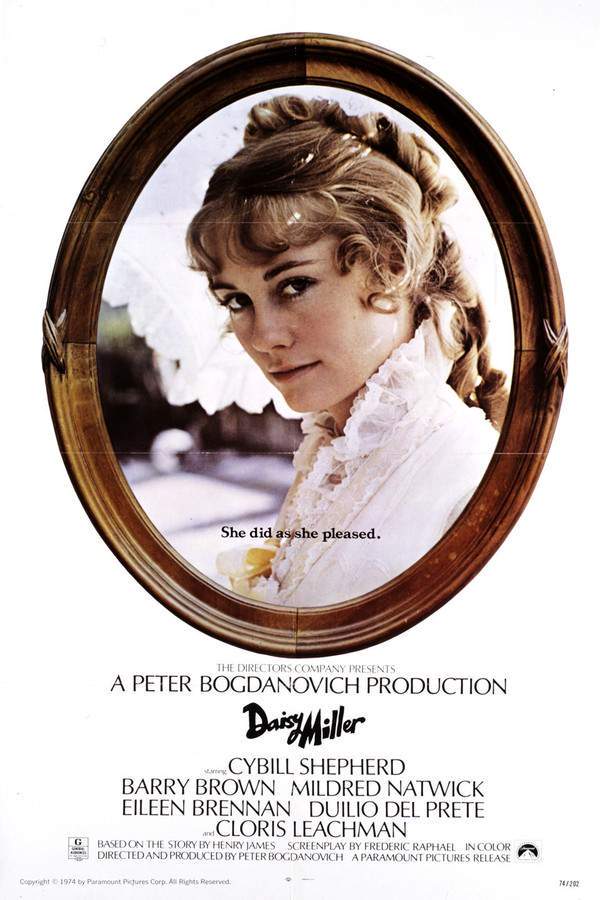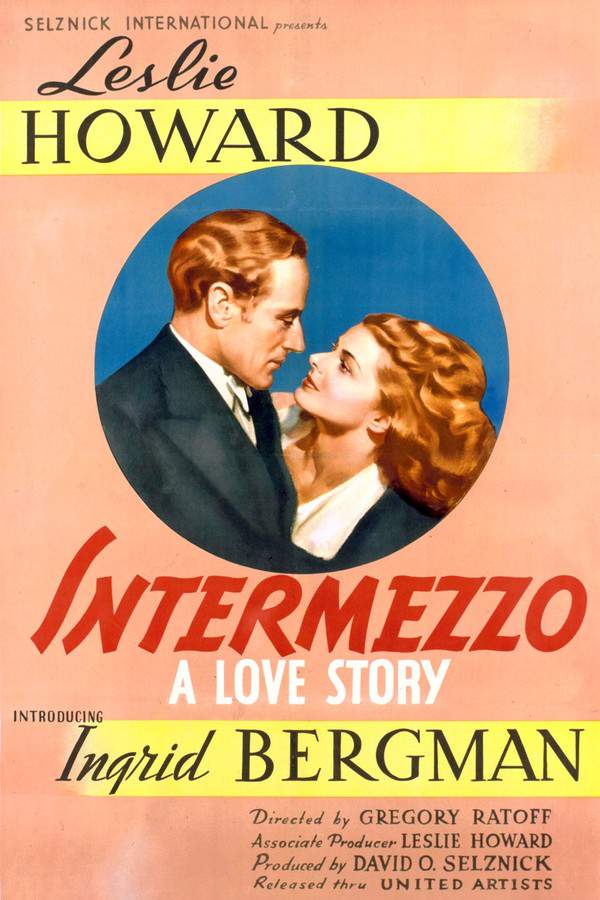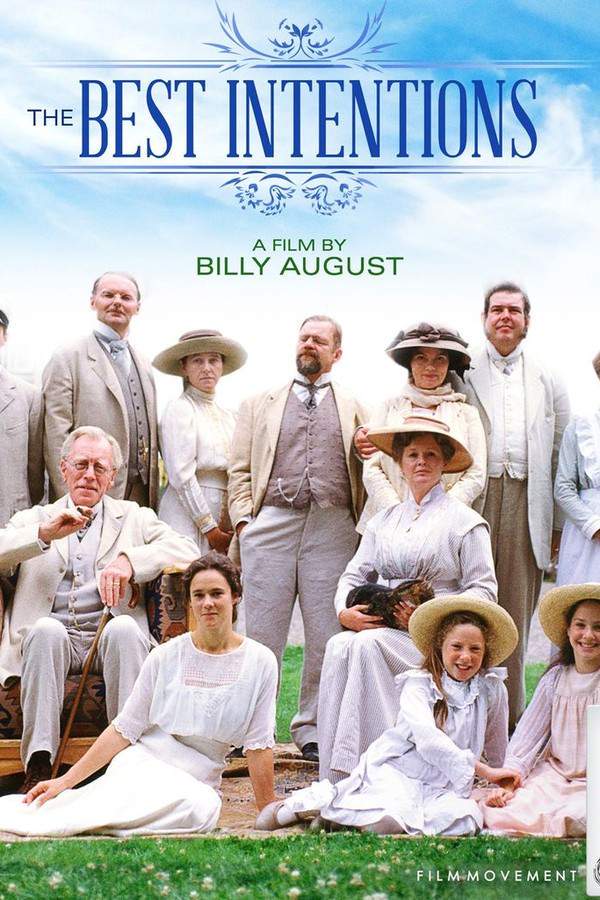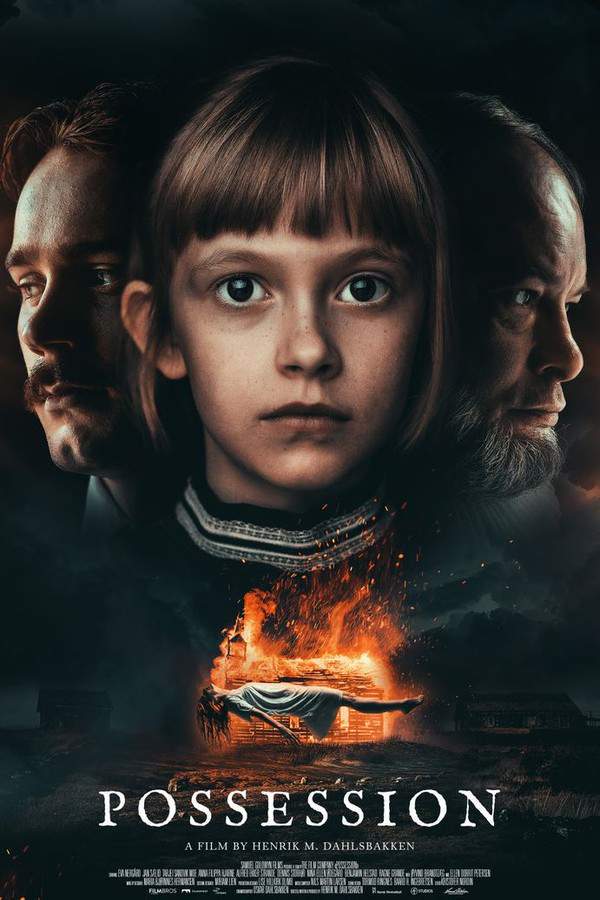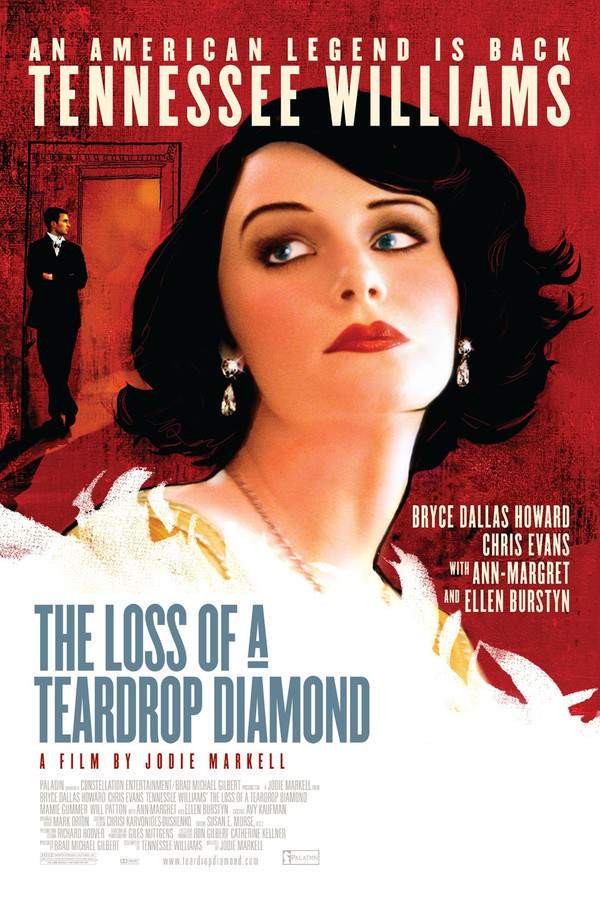
Washington Square
Year: 1997
Runtime: 115 mins
Language: English
Director: Agnieszka Holland
In 1870s New York, spinster heiress Catherine Sloper, under the watchful eye of her controlling father, is pursued by the much younger, impoverished Morris Townsend. As he courts her, Catherine must decide whether to cling to her father's wealth and a solitary life or risk marriage to a man whose motives may be driven by her inheritance.
Warning: spoilers below!
Haven’t seen Washington Square yet? This summary contains major spoilers. Bookmark the page, watch the movie, and come back for the full breakdown. If you're ready, scroll on and relive the story!
Washington Square (1997) – Full Plot Summary & Ending Explained
Read the complete plot breakdown of Washington Square (1997), including all key story events, major twists, and the ending explained in detail. Discover what really happened—and what it all means.
Dr. Austin Sloper [Albert Finney] is a skilled physician living in a grand house on Washington Square, New York, where the echoes of a wife lost in childbirth haunt the family. He remains intensely devoted to memories of his wife and to a dead son who never existed in Catherine’s life, and he harbors a quiet, private bitterness toward his only surviving child. His manner is precise, his judgments sharp, and his expectations for Catherine are framed by a social world he believes she should navigate with grace and propriety. He watches over her upbringing with a cool, almost ironic condescension, never fully seeing the warmth and vulnerability that lie beneath her shy exterior. Jennifer Jason Leigh plays Catherine Sloper, a young woman who grows up under this stern gaze, a person whose gentle sweetness is often misread as weakness.
At the heart of Sloper House, Catherine’s aunt Lavinia Penniman [Maggie Smith] tries to inject a spark of color and melodrama into the restrained life, hoping to give Catherine the social polish that could help her move in polite circles. Lavinia’s well-meaning but impractical charm clashes with Sloper’s insistence on discipline, and yet Catherine’s fundamental kindness remains her strongest asset. Catherine is a plain, painfully shy figure in public life, but she is not without inner worth: she is deeply loyal, quietly resilient, and, most of all, incredulously generous with those she loves.
The family world shifts when Catherine is introduced to Morris Townsend [Ben Chaplin], a handsome and attentive suitor who quickly wins her trust and warmth. Townsend’s charm is swift and persuasive, and he seems patient and sincere as he begins to call at Washington Square with regularity. To Catherine, Townsend appears to be the rare man who understands her, and her heart, long starved of affection, blooms in his presence. Yet Sloper, who can never quite forget the specter of his late wife or the specter of a fortune that might slip away, suspects Townsend of mercenary motives. He questions Townsend’s career ambitions and genuine intentions, and his disapproval casts a long shadow over their budding engagement.
Despite her father’s misgivings, Catherine’s love for Townsend grows, and she chooses to stand by him. The couple’s bond becomes the emotional center of the story as Catherine faces a stark choice: resist her father’s will or risk losing the life she has known. Aunt Lavinia, eager for sensational drama, continues to push for Townsend as a worthy match, even meeting him in secret to push the romance forward. The tension between duty and desire intensifies when Townsend finally proposes, and Sloper flatly refuses to consent, warning Catherine that disobedience could cost her more than she imagines. He even goes so far as to threaten disinheritance if she follows Townsend’s lead.
The couple attempts a Grand Tour of Europe, during which Sloper tries, with blunt candor, to persuade Catherine to abandon Townsend. Catherine’s stubborn love for Townsend is tested, and she comes to a painful realization: her father does not merely disagree with Townsend; he despises her for pursuing a romance he deems imprudent and mercenary. When Catherine ends the European sojourn with a firm resolve to marry Townsend anyway, Townsend himself begins to doubt the viability of their alliance, admitting that his interest might be more self-serving than love.
Years pass as Catherine turns her life toward independence rather than prospects of a conventional marriage. She rejects at least one respectable suitor who arrives after her father’s health declines. In Sloper’s last days, he asks her to promise never to marry Townsend. Catherine responds with quiet dignity that she does not often think of Townsend, but she cannot make such a promise. Misunderstanding her steadfast stance, Sloper amends his will, leaving the bulk of his fortune to charity and leaving Catherine with only the house and her late mother’s income. The reading of the will is a sharp, almost ironic moment: Catherine laughs at the codicil as she realizes the gap between her father’s assumptions and her own reality.
Townsend reappears at Catherine’s door only years later. By then, Catherine has built a life of her own, running a daycare center from her house, a testament to her resilience and capacity for care. She speaks to Townsend with calm, measured resolve, letting him go without bitterness and making it clear that her heart has moved on. Townsend departs, leaving Catherine to reflect on the fervent love she once felt and the strength it took to choose her own path. The story remains a quiet meditation on pride, judgment, and the enduring dignity of a woman who refuses to be defined by wealth, social expectations, or the hollow promises of a mercenary suitor, choosing instead the integrity of care, independence, and self-respect.
Last Updated: October 07, 2025 at 09:39
Explore Movie Threads
Discover curated groups of movies connected by mood, themes, and story style. Browse collections built around emotion, atmosphere, and narrative focus to easily find films that match what you feel like watching right now.
Melancholy period dramas like Washington Square
Period dramas about characters trapped by wealth, propriety, and quiet despair.If you liked the quiet suffering and societal constraints of Washington Square, this thread features similar movies about characters trapped by wealth and propriety. These stories explore themes of female resilience, paternal control, and the high cost of maintaining appearances in a gilded age.
Narrative Summary
These stories often follow a protagonist whose inner life is rich with unmet longing, constrained by the expectations of their affluent world. The central conflict is typically internal or arises from a clash between personal desire and familial or societal duty, unfolding slowly and leading to a bittersweet resolution of dignified acceptance or loss.
Why These Movies?
These films are grouped by their shared atmospheric pressure—a sense of being trapped in beautiful but suffocating environments. They share a melancholic tone, slow pacing that allows for deep character study, and a focus on the emotional weight of unspoken rules and repressed feelings.
Romantic dramas with questionable motives like Washington Square
Stories where love is tested by the suspicion of financial motives.For viewers who enjoyed the suspense of Morris Townsend's courtship in Washington Square, this thread explores other movies where a character's romantic intentions are clouded by ambition. These films delve into themes of inheritance, emotional manipulation, and the difficult choice between security and the gamble of love.
Narrative Summary
The narrative follows a protagonist, often sheltered or emotionally vulnerable, who is courted by a charismatic but financially insecure suitor. The plot hinges on the growing doubt about the suitor's authenticity, forcing the protagonist to navigate the conflicting advice of wary family members and their own desperate hope for love, often leading to a bittersweet revelation.
Why These Movies?
These movies are connected by their central dramatic question: is this love real? They share a specific plot structure involving courtship, doubt, and emotional manipulation. The tone is often serious and melancholic, with medium intensity focused on psychological tension rather than physical action.
Unlock the Full Story of Washington Square
Don't stop at just watching — explore Washington Square in full detail. From the complete plot summary and scene-by-scene timeline to character breakdowns, thematic analysis, and a deep dive into the ending — every page helps you truly understand what Washington Square is all about. Plus, discover what's next after the movie.
Washington Square Timeline
Track the full timeline of Washington Square with every major event arranged chronologically. Perfect for decoding non-linear storytelling, flashbacks, or parallel narratives with a clear scene-by-scene breakdown.

Characters, Settings & Themes in Washington Square
Discover the characters, locations, and core themes that shape Washington Square. Get insights into symbolic elements, setting significance, and deeper narrative meaning — ideal for thematic analysis and movie breakdowns.

Washington Square Spoiler-Free Summary
Get a quick, spoiler-free overview of Washington Square that covers the main plot points and key details without revealing any major twists or spoilers. Perfect for those who want to know what to expect before diving in.

More About Washington Square
Visit What's After the Movie to explore more about Washington Square: box office results, cast and crew info, production details, post-credit scenes, and external links — all in one place for movie fans and researchers.

Similar Movies to Washington Square
Discover movies like Washington Square that share similar genres, themes, and storytelling elements. Whether you’re drawn to the atmosphere, character arcs, or plot structure, these curated recommendations will help you explore more films you’ll love.
Explore More About Movie Washington Square
Washington Square (1997) Scene-by-Scene Movie Timeline
Washington Square (1997) Movie Characters, Themes & Settings
Washington Square (1997) Spoiler-Free Summary & Key Flow
Movies Like Washington Square – Similar Titles You’ll Enjoy
Street of Women (1932) Movie Recap & Themes
Manhattan Melodrama (1934) Full Movie Breakdown
Street Scene (1931) Spoiler-Packed Plot Recap
Berkeley Square (1933) Full Summary & Key Details
East Side, West Side (1949) Detailed Story Recap
Uptown New York (1932) Movie Recap & Themes
The Clock (1945) Full Movie Breakdown
Break of Hearts (1935) Detailed Story Recap
The Heiress (1949) Full Movie Breakdown
Washington Melodrama (1941) Movie Recap & Themes
The House in the Square (1951) Plot Summary & Ending Explained
13 Washington Square (1928) Movie Recap & Themes
The Washington Masquerade (1932) Complete Plot Breakdown
Rose of Washington Square (1939) Movie Recap & Themes
Romance in Manhattan (1935) Full Movie Breakdown

